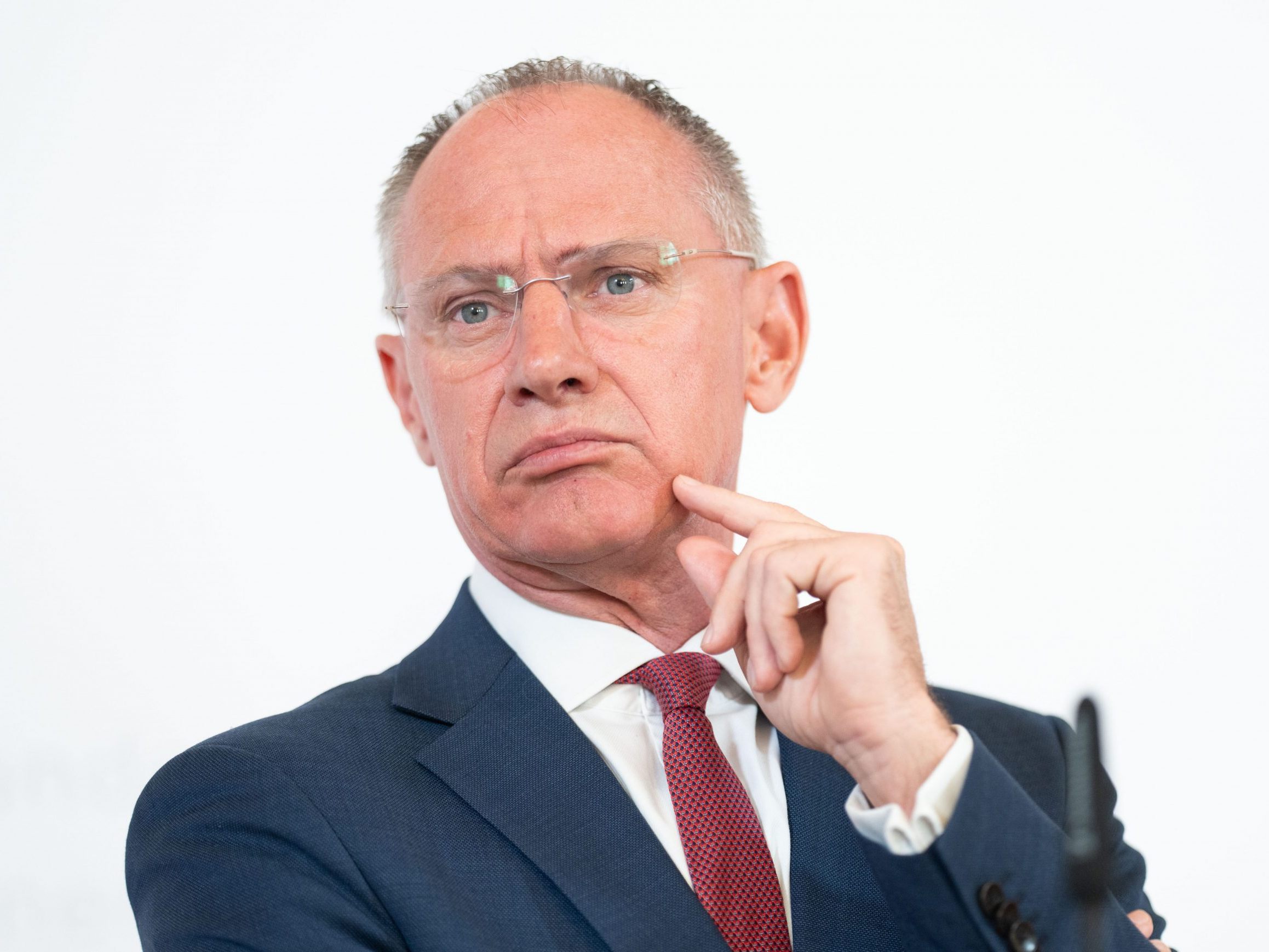Asylum Coordination and Austro-Syrian Association Express Criticism

They call on those responsible to abandon unprofessional headline politics and return to objectivity and lawful action, and stand against "populist deportation debates".
The consequences of the fall of Syria's dictator Bashar al-Assad are unpredictable, emphasised Lukas Gahleitner-Gertz from the asylkoordination Austria in a joint press conference with migration researcher Judith Kohlenberger and specialist psychiatrist Selma Nassan-Agha.
Criticism of Politicians
Abdulhkeem Alshater from the Austro-Syrian Association stressed at the media event that the statements of some Austrian politicians were "inhumane, disrespectful and unacceptable". The affected Syrians in Austria have a "massive need for information", which was triggered by a "contradictory and populist zigzag communication" of the Interior Minister. On the one hand, according to the authorities, there is not enough information about the confusing development in Syria to make decisions. On the other hand, revocation procedures are initiated on the grounds that there is no longer any fear of political persecution, according to the asylkoordination.
Psychiatrist Nassan-Agha explained that the swapping of political small change on the backs of refugees has "destroyed in the shortest possible time" progress that had been laboriously worked out in years of therapy. The government is torpedoing its "sparse integration measures" with its announcements that are not feasible anyway. The uncertainty about one's own residence status against the background of the volatile situation in Syria destroys the rebuilt hope and perspectives and causes "considerable costs".
Migration researcher Kohlenberger emphasized that instead of leading "populist deportation debates, it would be sensible to contribute to the stabilization of Syria". "It is important not to threaten people, but to carry out a sustainable, voluntary, and well-prepared return." This would also have "democratic advantages": According to studies, returnees who have lived longer in democratic countries would bring these values back to their country. However, this requires a "sustainable" return.
Lukas Gahleitner-Gertz from the asylum coordination stressed that at the present time, the initiation of revocation proceedings is legally questionable and the general stop of family reunifications is inadmissible: "Not every change in the situation in a crisis or war state justifies the revocation of a protection status." The legal requirement is a "significant and lasting" improvement in the situation. Despite the collapse of the Syrian army, there can currently be no talk of this, even the head of the Federal Office for Immigration and Asylum (BFA) spoke of a "very volatile situation". The authority therefore cannot provide evidence of the improvement in the situation, even though it bears the burden of proof.
"Many Don't Know Their City"
Abdulhkeem Alshater pointed out that the situation for many affected is completely unclear, including their areas of origin: "Many don't know their city. I know that 80 percent of my city is destroyed," he said. He also cannot return unless democracy is guaranteed. "We don't need a new dictatorship," he emphasized, Syria deserves a democratic system. He personally comes from Homs, where there are many Assad supporters, "the situation is a disaster".
The bursting of the coalition negotiations between ÖVP, SPÖ and NEOS does not change the demands, said Gahleitner-Gertz. It will be about implementing the common European asylum system, no matter which government will come to power. "We appeal to the prudence of politicians", and to remember the consequences of their statements for those affected. One should not only always think of the political competitor, but of how people are doing and what "statements bordering on disinformation" can cause.
(APA/Red)
This article has been automatically translated, read the original article here.





